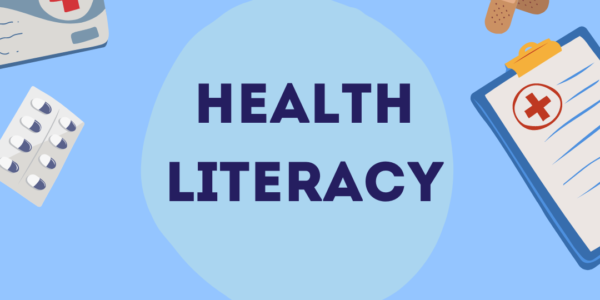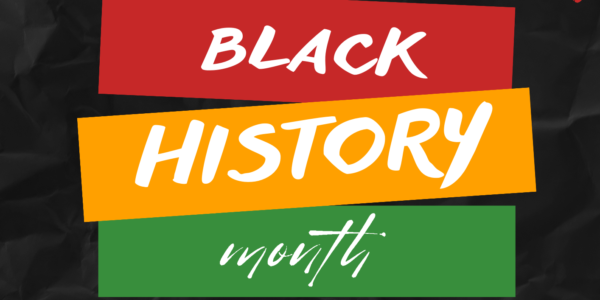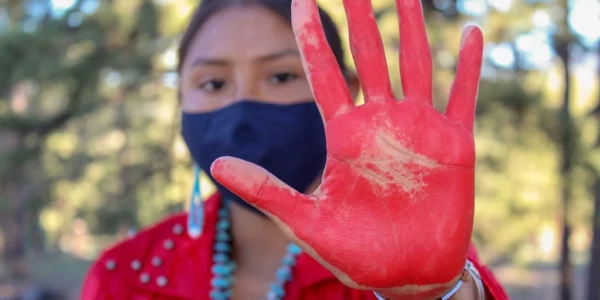The mining industry has played a pivotal role in the growth of the economy and energy use for our nation, but operations in and around indigenous territories pose a threat to the health of the environment and indigenous culture. Tribal communities and many others remain conscious of the consequences for current and future generations.
Mining is a growing industry all around the globe and is projected to reach a value of $3.36 trillion by 2026 (1). In Humboldt County, Nevada, the Thacker Pass Lithium Mine has begun construction. Thacker Pass, known as Peehee Mu’huh in the Paiute language, is a place with cultural, spiritual, and historical significance for many indigenous people of Northern Nevada; it is also the largest lithium deposit in the U.S. Construction began in March 2023 and will remain for at least 46 years (2). The lithium obtained is expected to boost the United States’ energy usage and will play an important role in the Biden administration’s transition to electric vehicles. Many companies are investing, including General Motors, who expects the deal to “yield enough lithium for 1 million electric vehicles per year” (3).
Communities and environmental protection organizations work in solidarity to protect Peehee Mu’huh. Residents are concerned about potential environmental damage as a result of the mining project. There is a possibility of toxic chemical spills and accidents that will endanger wildlife in the area. The operation will consume enormous amounts of energy and water and may decimate local springs. Mining equipment and lithium processing will also produce combustion emissions into the surrounding environment.
Although mining operations such as the Thacker Pass Lithium Mine will reap benefits for the nation’s prosperity and allow for progress in energy needs, such activities are also certain to desecrate native sacred sites and destroy artifacts, history, and culture. Activists acknowledge the spiritual and cultural significance the place holds, as Peehee Mu’huh dates back to a passageway for various tribes, including the Paiutes, Bannock, and Shoshones. The land has been used for camping, hunting, and celebrative rituals and festive events among indigenous communities, who have an undeniably intimate relationship with the sacred land. Many still visit to learn and remember the history of Peehee Mu’huh.
If you want to learn more about the Tracker Pass Campaign and show support for the movement, visit the Protect Thacker Pass website.
More information can also be found at the following websites:
- The Global Mining Market Is Boosted To Grow To $2 Trillion By The Ongoing Russia-Ukraine War. Accessed August 2, 2023. https://www.prnewswire.com/news-releases/the-global-mining-market-is-boosted-to-grow-to-2-trillion-by-the-ongoing-russia-ukraine-war-301530238.html
- FACT SHEET (Pursuant to Nevada Administrative Code [NAC] 445A.401) A. Location and General Description. Accessed August 2, 2023. https://ndep.nv.gov/uploads/land-mining-docs/fact_sheet.pdf
- Construction starts on Nevada’s Thacker Pass lithium mine — High Country News – Know the West. Accessed August 2, 2023. https://www.hcn.org/articles/mining-construction-starts-on-nevadas-thacker-pass-lithium-mine











